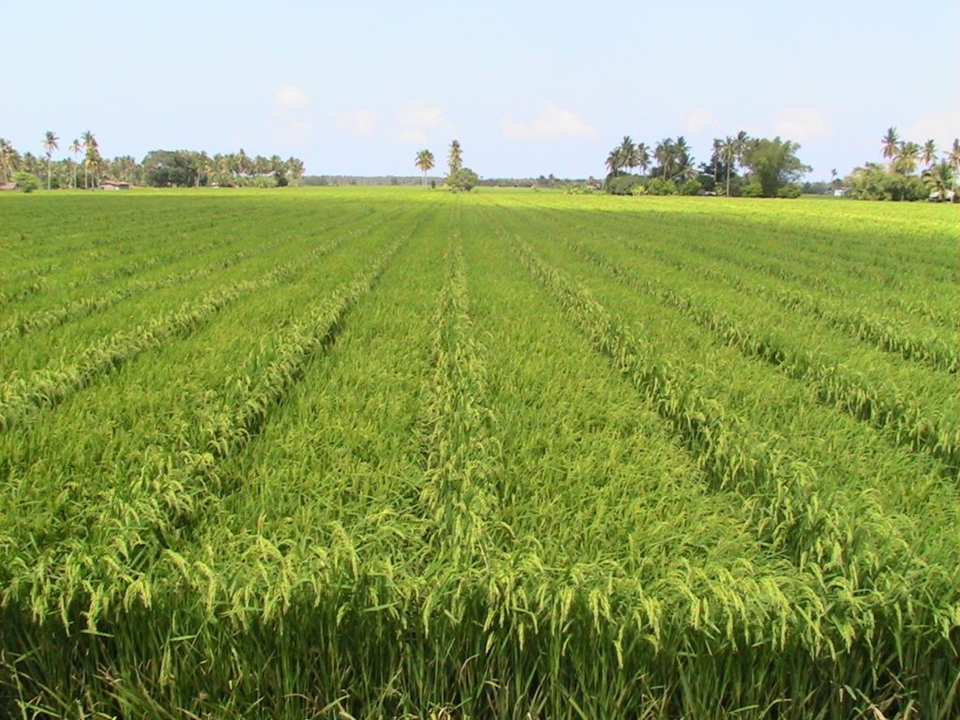
The Department of Agriculture will maintain its position for the Philippine government to retain for two more years the quantitative restriction for imported rice, Agriculture Secretary Emmanuel Piñol said today/February 8.
Piñol said the DA has also decided not to endorse the proposed amendment of the Tariff Code to lift the QR on rice and would instead endorse the extension of Executive Order No. 190 that imposed tariff rates for imported agricultural products, rice among them.
The DA Secretary said that despite the coming deadline for the Philippines to lift the QR on rice, he believes it would be impossible to implement this unless the two chambers of Congress pass the bills amending the Tariff Code.
“The DA holds on to its original position that was developed after a nationwide consultation that Filipino rice farmers should be given another two years to prepare them for the eventual entry of imported rice,” Piñol said.
“We believe that our rice farmers are not yet ready, though no fault of theirs, to compete with imported rice,” he added.
Under its commitments to the World Trade Organization, the Philippines was supposed to lift the QR on rice years ago but the Philippine government negotiated an extension of its lifting to June 30 this year.
Piñol said the Philippine government under President Rodrigo Duterte, even if it wanted the lifting of the QR extended by another two years, could not do so anymore because of lack of material time.
“It took the government two years to negotiate the current extension, which would last until June 30 this year,” Piñol noted.
Instead, he said, the DA is counting on the reluctance of congressmen and senators to pass a new law amending the Tariff Code to implement the lifting of the QR on imported rice.
“Even if the QR will be lifted by June 30, 2017, there will not be unregulated importation of rice without the implementation of the amendment to the Tariff Code,” the DA Secretary pointed out.
If this happens, he noted, the Philippine government would have to inform the WTO that it has no option but to follow the democratic process and await Congress’ action on bills amending the Tariff Code.
“We believe it will be a status quo (on the QR on rice) …. until the Tariff Code is amended,” Piñol said.
You cannot shortcut the democratic processes, these (chambers of Congress) are constitutional bodies, you cannot dictate on Congress to amend the Tariff Code if they do not want to (do so),” he added. (DA-OSEC)
Reference:
Secretary Emmanuel F. Piñol














